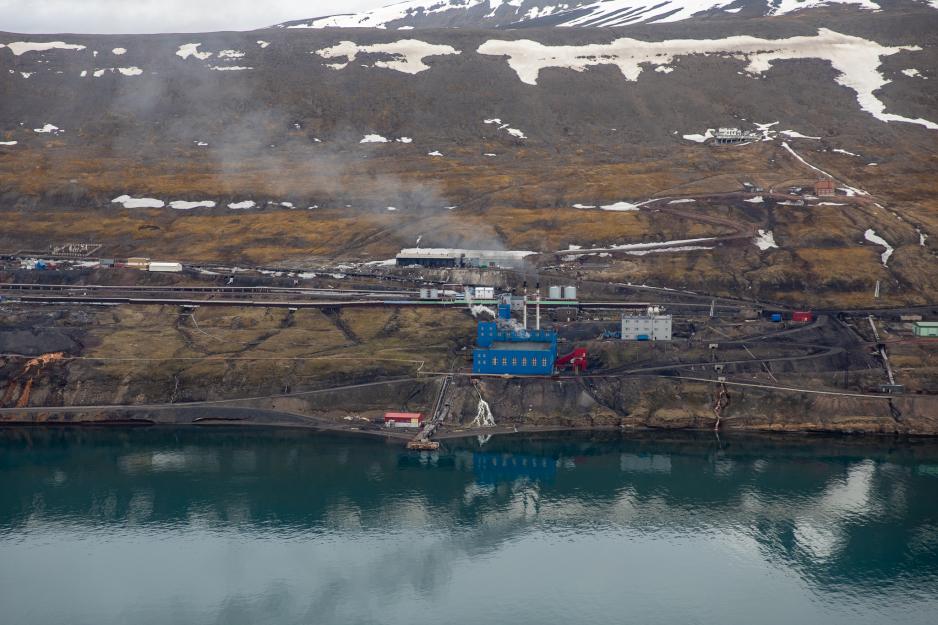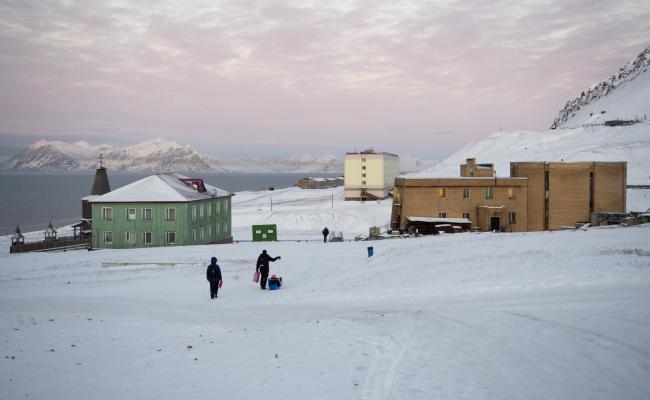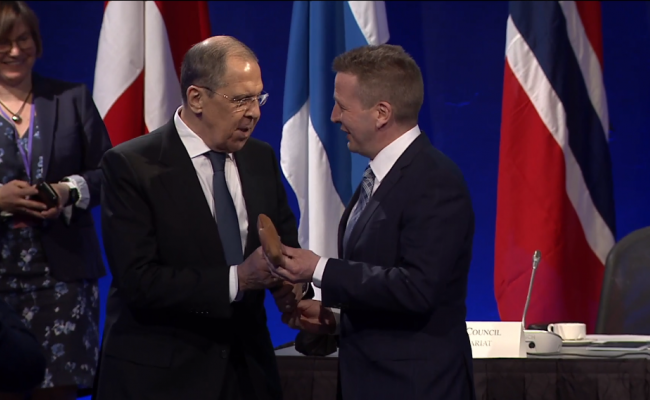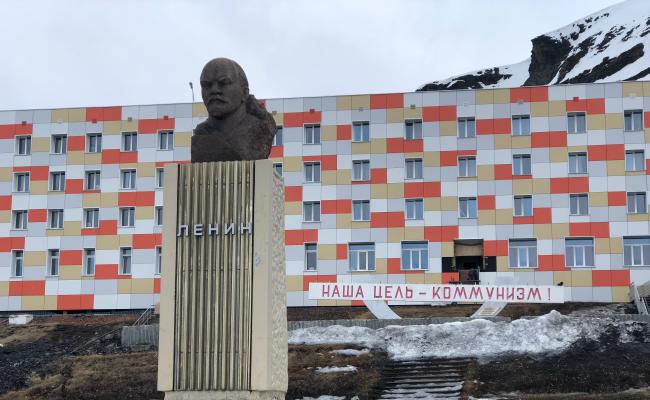Russia to Cut Coal Production on Svalbard by 80 000 Tonnes by 2032

Trust Arktikugol's coal power plant in Barentsburg on Svalbard. (Photo: Snorre Tønset/KLD)
The yearly coal production in Barentsburg is planned to be reduced from 120 000 to 40 000 tonnes, according to the Russian Minister of the Development of the Russian Far East and Arctic.
The systematic reduction of Russian coal production on Svalbard was announced in April by Alexei Chekunkov, Russia's Minister of the Development of the Russian Far East and Arctic.
Recently, the minister put down the framework for the dimensions of this scale-down which the state-owned mining company Trust Arktikugol is to carry out, reports the Russian news agency TASS.
"The plan is to reduce coal production to the lowest necessary volume by 2032," said Chekunkov who outlined cuts in the production from 120 000 to 40 000 tonnes.
The context was a meeting of the Council to Develop Far East, Arctic, and Antarctic in the Federation Council, the upper house of the Russian parliament.
Modern technology
A steady scale-down of coal production and the replacement of coal power energy with modern technology is central to the agenda of Trust Arktikugol for the next five years.
That was said by Ildar Neverov, the CEO of the company, at a meeting in the ministry mentioned above last week, according to the company's website.
A Russian future analysis for Svalbard from December recommended a greener development of Trust Arktikugol.
It prescribed measures such as the reduction of coal power plant emissions and a shift to alternative energy sources such as biofuel.
Scientific cooperation
Neverov participated in the aforementioned meeting in Russia to present the company's operations.
Trust Arktikugol's aim is to secure and strengthen Russia's presence on Spitsbergen (as the archipelago is called by the Russian side), noted the CEO in the presentation and continued:
"Much has been done in the last year and more must be done. Shipping of coal has for over 90 years contributed to creating an independent tourist service and has established socio-cultural bonds. However, even though Trust Arktikugol has previously specialized in coal mining primarily, the focus will change in the future."
He pointed to the plan for developing an international Arctic scientific station with the BRICS countries on Svalbard, which the company recently acquired expert support for.
Tourism
Trust Arktikugol will also focus on the further development of the tourism industry at the Russian settlements of Barentsburg and Pyramiden, which are managed by its subsidiary, Grumant.
In the time coming, there will be made efforts to create an independent infrastructure for tourism, including digital services, according to Neverov.
The Russian tourism industry in Svalbard was the subject of a local boycott shortly after Russia's invasion of Ukraine. In October, Trust Arktikugol and Grumant were also excluded from the Svalbard Tourism Council.
Also read
This article was originally published in Norwegian and has been translated by Birgitte Annie Molid Martinussen.





